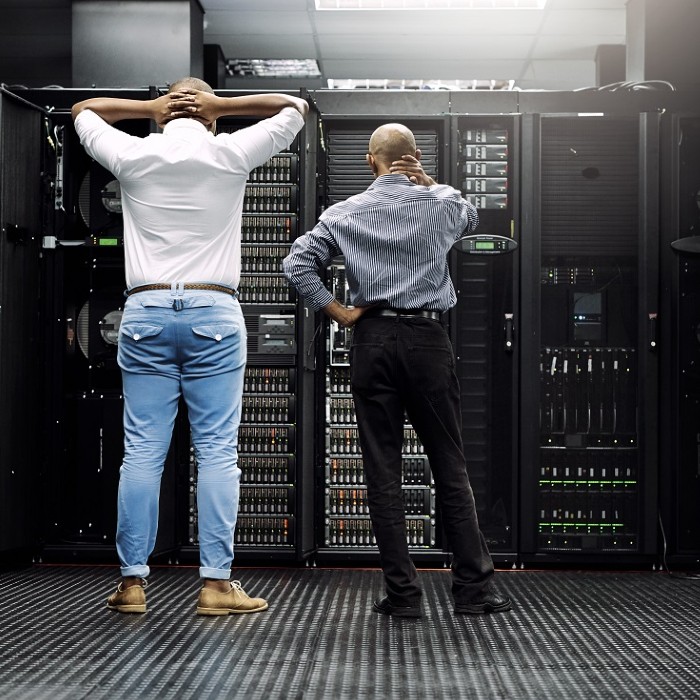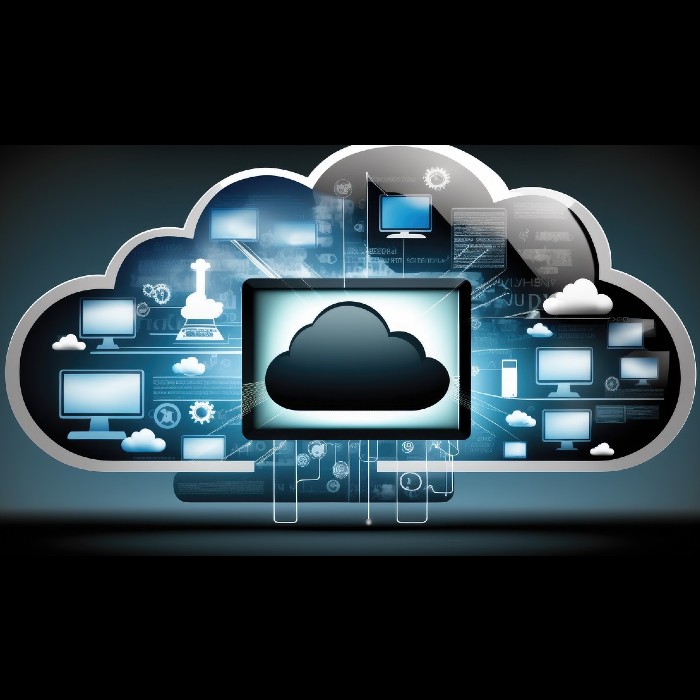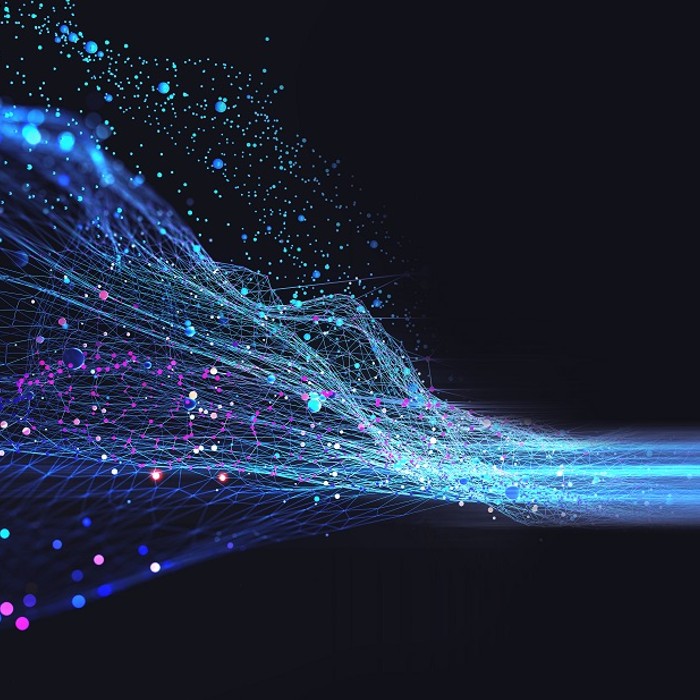Challenges such as inflation, sustainability requirements and cyberthreats are obstacles, but companies that use human and digital tools can quickly adapt to changing circumstances. Furthermore, some experts believe AI will add trillions of dollars to the global economy by the next decade, including Martin Ford, author of Rule of the Robots: How AI Will Transform Everything.
“Companies that fail to adopt this technology and leverage it to the fullest extent possible are certain to fall behind and eventually become irrelevant,” Ford said in a Forecast article by business futurist Scott Steinberg titled Businesses Bet Big on AI Benefits.
“By contrast, companies who act immediately and begin to develop an AI strategy [have the chance to create] competitive advantage. Recent analyses from McKinsey and PwC estimate that AI will add as much as $13 trillion to the global economy by 2030. This likely explains why there are massive investments pouring into AI… both internally among corporations and in the VC space.”
AI’s Impact on Data Center Operations
As many companies modernize their IT operations and leverage a variety of public and private clouds, they’re operating with a cloud native mindset, using cloud computing capabilitieis such as Kubernetes to build, run and move applications across different IT systems. This impacts the mindset behind many new AI and ML developments, which is to say these new applications must be able to run on a variety of infrustructures and maintain integrity in order to evolve with changing business needs or regulations.
Underneath it all is the world of IT infrastructure, which is evolving in many directions. While many new companies are “born in the cloud” and others “move to the cloud,” many IT leaders are forging their future that connects and offers the best of owned and rented infrastructure. Growing complexity requires software simplification and increasingly that’s powered by or coming in the form of AI or ML.
But AI and ML workloads consume IT resources, so IT teams need to be strategic about the infrustructure where those applications run and data reside.
“It’s going to require a lot more power, more real estate,” said Chatha.
But these capabilities will also benefit data centers.
“Through AI, we'll be able to self-heal a lot of the problems at the software tier,” he said, rather than having to monitor or fix things when they break.
His team is planning to deploy robots in their data centers to troubleshoot problems when they arise.
“That will be based on a lot of AI telling the robot what to do and how to fix it.”
He said AI and ML will be used more and more to manage IT operations.
“It’s gonna grow and continue to grow. It will have a huge impact on data, data centers and sustainability.”





